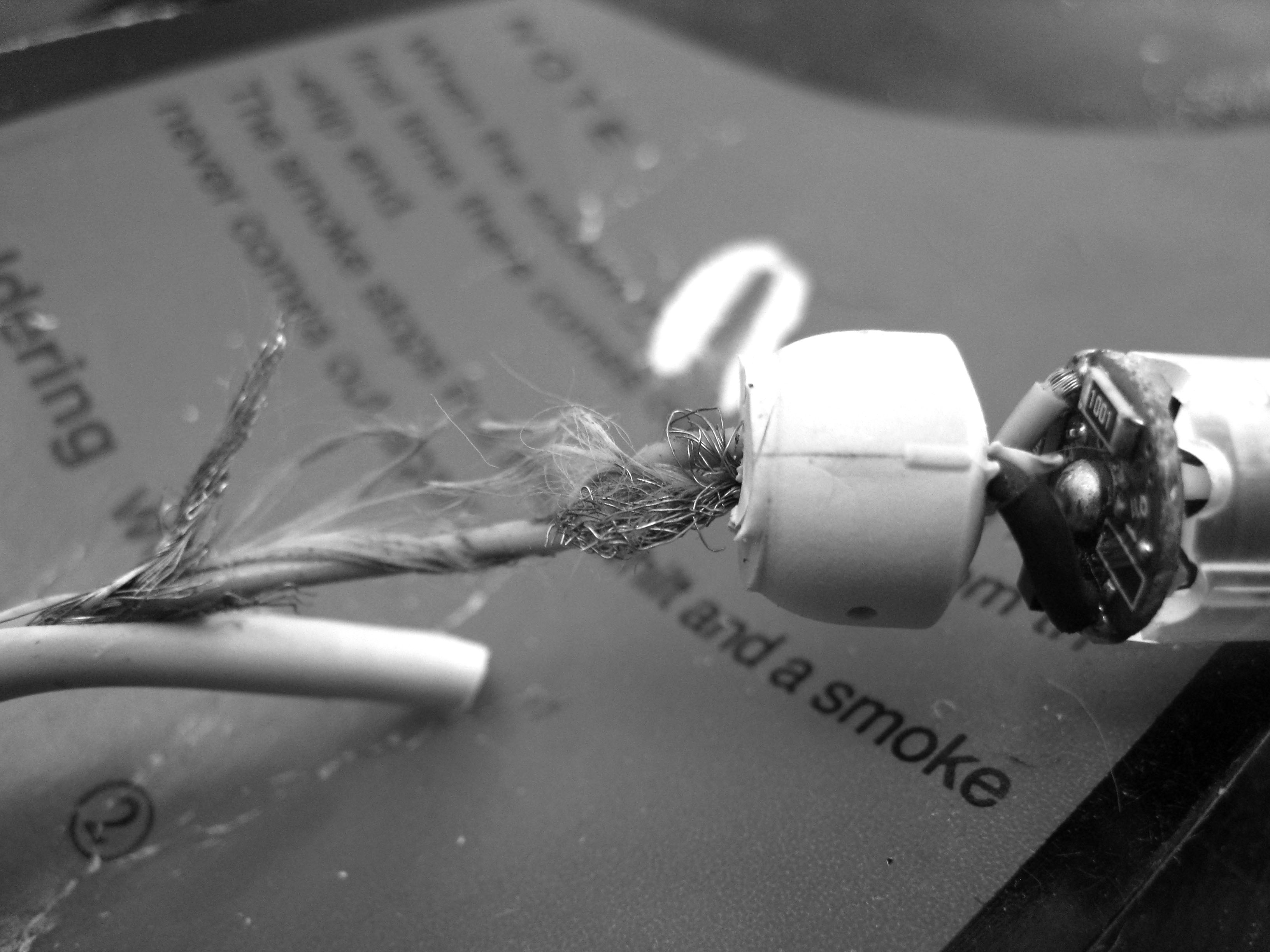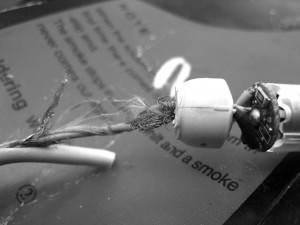Student housing not up to standards


In a recent round of inspections under the rental bylaw that was put in effect last April, the City of Waterloo found that 80 per cent of its 2,200 initial applicants for the new housing license failed the electrical inspection. Many of these rental units — which include semi-detached homes, duplexes, triplexes and so on — house a significant portion of the student population in Waterloo.
“It’s one of those things that I guess we anticipated that there would be a failure rate, it was higher than we thought it would be,” explained Jim Barry, director of bylaw enforcement and property standards at the City.
While Barry is alarmed by the high failure rate of the inspection, he noted that this was the purpose of the bylaw and it illustrates that safety is still a concern, particularly for students, with such rental units.
According to Barry, the inspection was not conducted by the City of Waterloo, but by an “electrical safety authority under the inspection arm of the Ontario [government].”
“I think we only have to look at the electrical safety inspections to suggest that [the bylaw is] doing exactly what it has said,” Barry continued. “We’ve said that there are substandard housing out there that we want to make sure that any rental — anyone who is renting a property in the city of Waterloo — we want to make sure they’re safe.”
In addition to failures found with the electrical components of the inspections, some rental units, according to Barry, were found to have building code and zoning violations.
“So the bylaw is certainly capturing the safety elements that we wanted to through the process,” he added.
However, local landlord Paul Ellingham, who rents out many properties to students from Wilfrid Laurier University and the University of Waterloo, is not convinced.
“I can tell you one of my places failed because three students — even though I told them in advance — had extension cords. And at that point, you get a failure, you cannot have an extension cord,” he explained. “[The inspector] said, ‘That’s it, you fail,’ and then he said to reschedule and I had to pay another $200 to have another inspection.”
Ellingham said that this was a minor case and he heard that many other landlords failed inspections for similar reasons. Barry, although not directly involved in the inspections themselves, noted that he heard failures resulted in a variety of cases including improper and unsafe connections.
But Ellingham is more concerned with the framework of the bylaw itself. While apartment buildings are exempt from the bylaw, units with up to five rooms can cost the landlord a $757-licensing fee.
“It’s a game. The City says it’s about safety, but the students need affordability,” said Ellingham. “The City wants all of the students in high rises.”
“The [rental] houses are a really big problem for the city because they don’t make enough money for the City,” he continued, noting that larger, denser apartment buildings generate revenue for the City.
Ellingham is sceptical of the bylaw and views it as a way to get more money out of the landlords and students. But Barry asserted that this is not the case.
“This isn’t one of the cases where you raise money in one area for use in another, the money raised through licensing fees is used to enforce the bylaw,” Barry explained.
At this point, Barry said that many more properties still need to apply for the housing license under the bylaw and to go through the same safety inspections that the first 2,200 properties did.
“I think there are situations out there where rental properties aren’t safe at this point,” he said.

